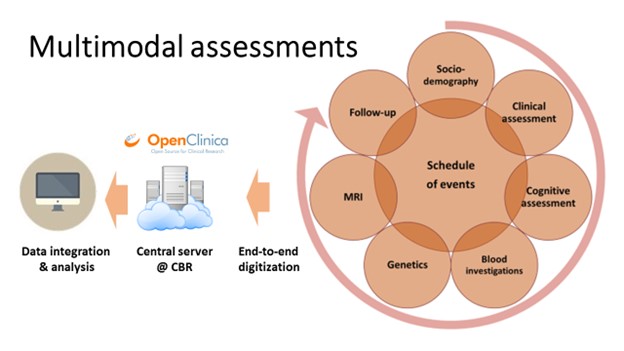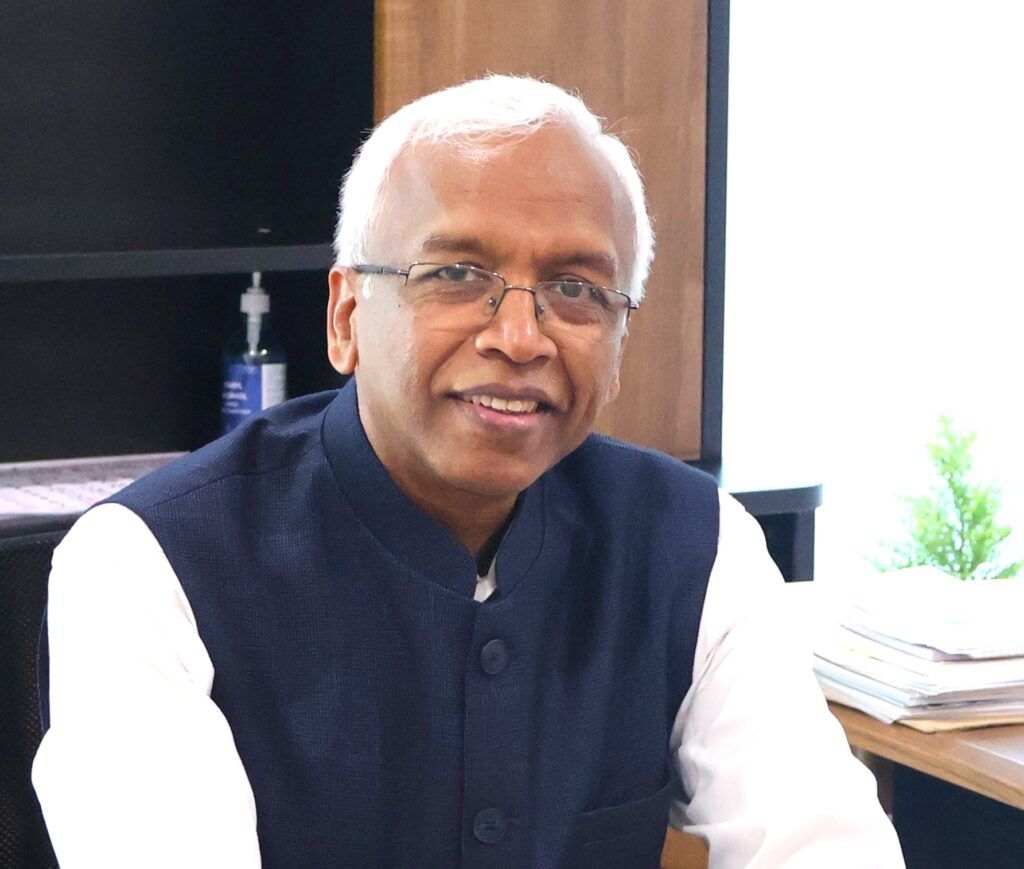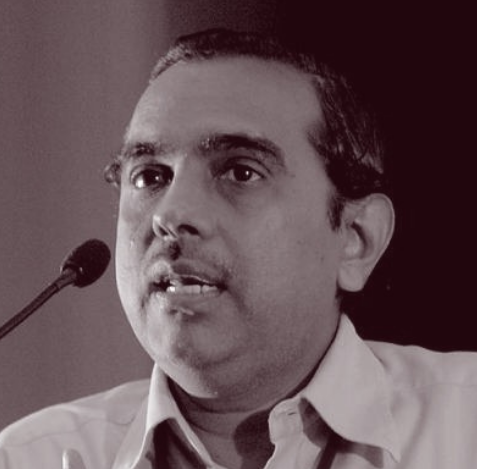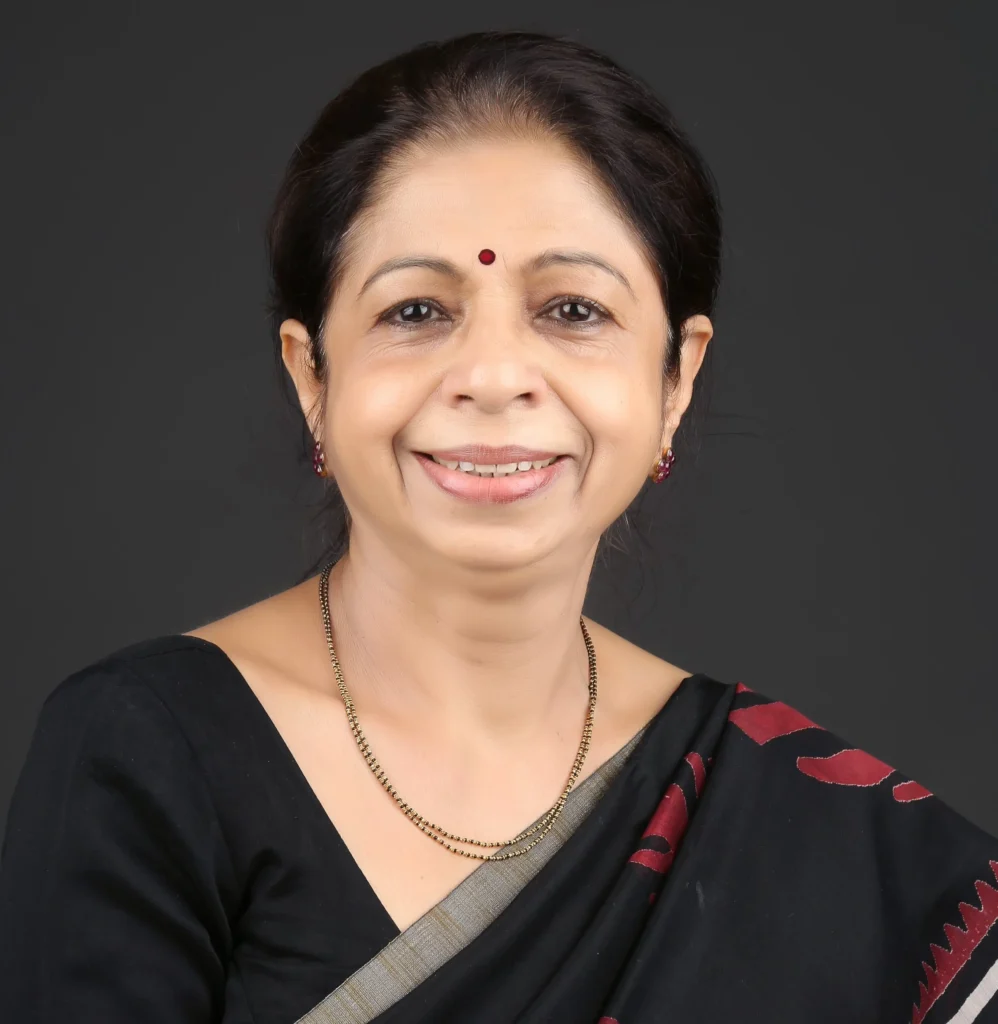CBR-TLSA
Funded by TATA Trusts
CBR-TATA Longitudinal Study of Aging (CBR-TLSA) Funded by



Prof. K. V. S. Hari
Director
Over the years, he earned unique recognition for his exemplary contribution through several prominent leadership positions in academia and industry.
His current research interests are centred on data science and applications of signal processing to solve problems in neuroscience and medicine.

Prof. Y. Narahari
Former Director
The main thread in his research is to apply game theory, mechanism design, and artificial intelligence techniques to research problems at the interface of computer science and economics. He is also exploring the application of AIML techniques to digital agriculture and public health problems.

Prof. Vijayalakshmi Ravindranath
Founding Director
Dr. Vijayalakshmi Ravindranath obtained her Ph.D from the University of Mysore in 1981. In 1986, after completing her post-doctoral training at the National Institutes of Health, USA, she joined the Department of Neurochemistry at National Institute of Mental Health and Neurosciences, (NIMHANS) Bangalore. In 1999, the Dept. of Biotechnology (DBT), Government of India sought her out to help establish the National Brain Research Centre (NBRC), an autonomous institution of DBT, Ministry of Science and Technology as a centre of excellence and to co-ordinate and network neuroscience research groups in the country. She continued as Founder Director, NBRC till May 2009, when she returned to Bangalore at the Indian Institute of Science (IISc) as Professor and Founder Chair of the newly created Centre for Neuroscience. She is currently Founder Director, Centre for Brain Research (CBR) at Indian Institute of Science.
During her tenure as Director of NBRC, she provided visionary leadership at NBRC, which in a very short period attained a position of being an internationally acclaimed centre of excellence. NBRC was granted “Deemed University” status in May 2002 to help promote human resource development in an inter-disciplinary manner. She networked 45 institutions around the country with NBRC with a goal to share resources and promote neuroscience. She then established the Centre for Neuroscience at IISc leveraging the expertise at IISc in mathematics, computation and engineering. The newly established Centre for Brain Research is a unique public-private partnership between IISc (a public funded institution) and Pratiksha Trust (a philanthropy) that funds CBR. Research at CBR is focused on aging brain and a large, prospective longitudinal study of 10,000 againg individuals has been initiated for the first time in India. In addition, she has received generous funding from Tata Trusts, which has paved the way for starting a longitudinal study in an urban cohort.
Dr. Vijayalakshmi Ravindranath is elected Fellow of all the 3 science academies in India, namely Indian National Science Academy, Indian Academy of Sciences, National Academy of Sciences, India. She is also a Fellow of the National Academy of Medical Sciences, India, Indian Academy of Neurosciences and Third World Academy of Sciences. She is a recipient of the prestigious S.S. Bhatnagar award (1996), Omprakash Bhasin Award (2001) and the J.C. Bose National Fellowship (2006), S.S. Bhatnagar Medal, INSA (2016) and the civilian honour, Padma Shri (civilian honor, 2010). She is also a fellow of American Academy of Advancement of Science, USA (2019).
